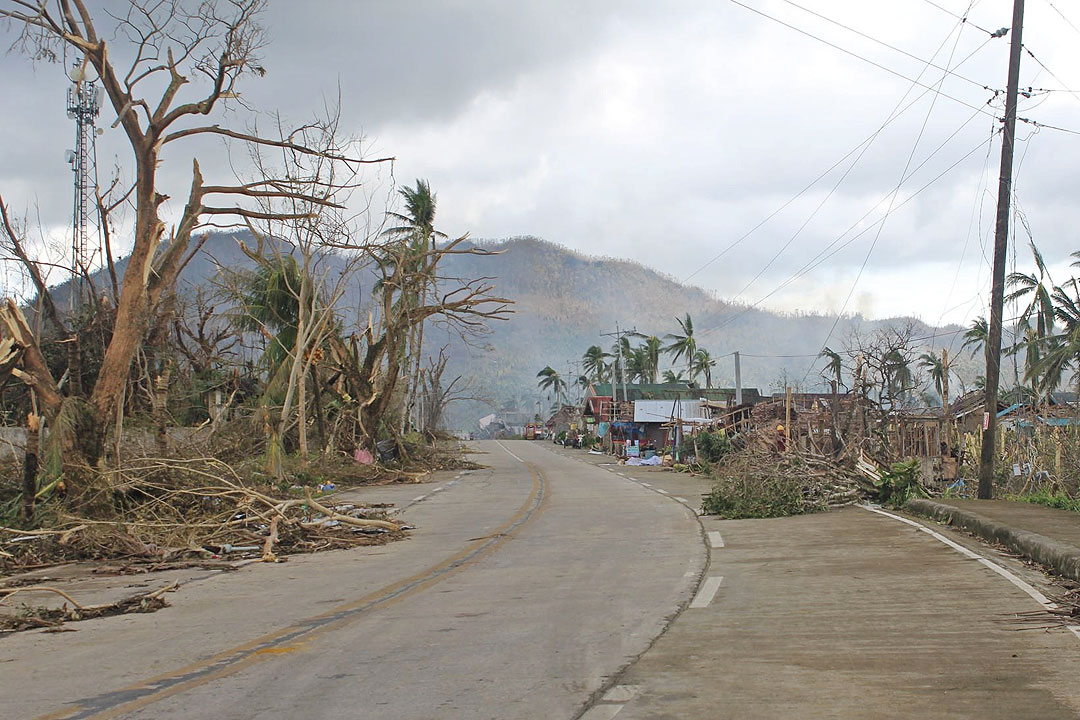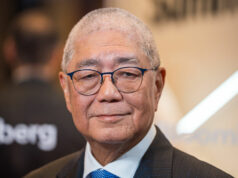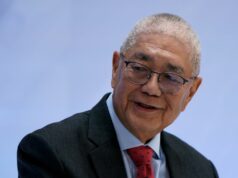PHL eyes climate change policy loan from ADB

THE ASIAN Development Bank (ADB) is in the initial stages of analyzing a policy loan program that will help address climate change in the Philippines.
The program would address local policy changes in social inclusion, clean energy, electric mobility, climate financing and food security, the ADB said.
“Climate change impacts are estimated to cause a decline of between 9% and 21% of agricultural productivity by 2050,” the multilateral lender said in its initial poverty and social analysis released on Tuesday.
“The Philippines is recognized as a country with high natural disaster risk levels, and these are exacerbated by climate-related risk.”
The program, the ADB said, would help pursue policy reforms on social inclusion in climate action, addressing the vulnerability of women and children.
“This policy reform in energy will encourage the uptake of clean energy by improving clean supply and efficiency,” the ADB said.
The policy reform aims to cut costs for consumers, lower financial risks for investors and create a national policy that would support the use of electric vehicles in public transportation.
“New agriculture policies will support adaptation and institutionalize or embed a climate resilient agriculture approach in the Department of Agriculture and improve productivity and resilience for staple crops after extreme climate events to improve food security,” the ADB said. “Creating new agriculture research centers will promote gender-sensitive and climate-resilient plant breeding.”
The multilateral lender said the income of women in rural areas is based on agriculture and fish, and women are put at risk of food insecurity during natural disasters.
Women represent a quarter of workers in agriculture, which could be a low estimate due to the work being seen as an extension of their household tasks. This “invisibility” then leads to unequal access to land ownership and credit.
“Gender equality in climate financing has been uneven across climate-related sectors — well-integrated in agriculture and water but poorly addressed in the infrastructure and energy sectors,” the ADB said.
The bank is looking at lending $3 billion to the Philippines this year, which will focus on infrastructure and climate change resiliency programs.
About 20 typhoons hit the Philippines every year, causing billions of pesos in damage and displacing thousands of Filipinos. Typhoon Odette caused widespread destruction in Central Visayas and Mindanao in December. — Jenina P. Ibañez



